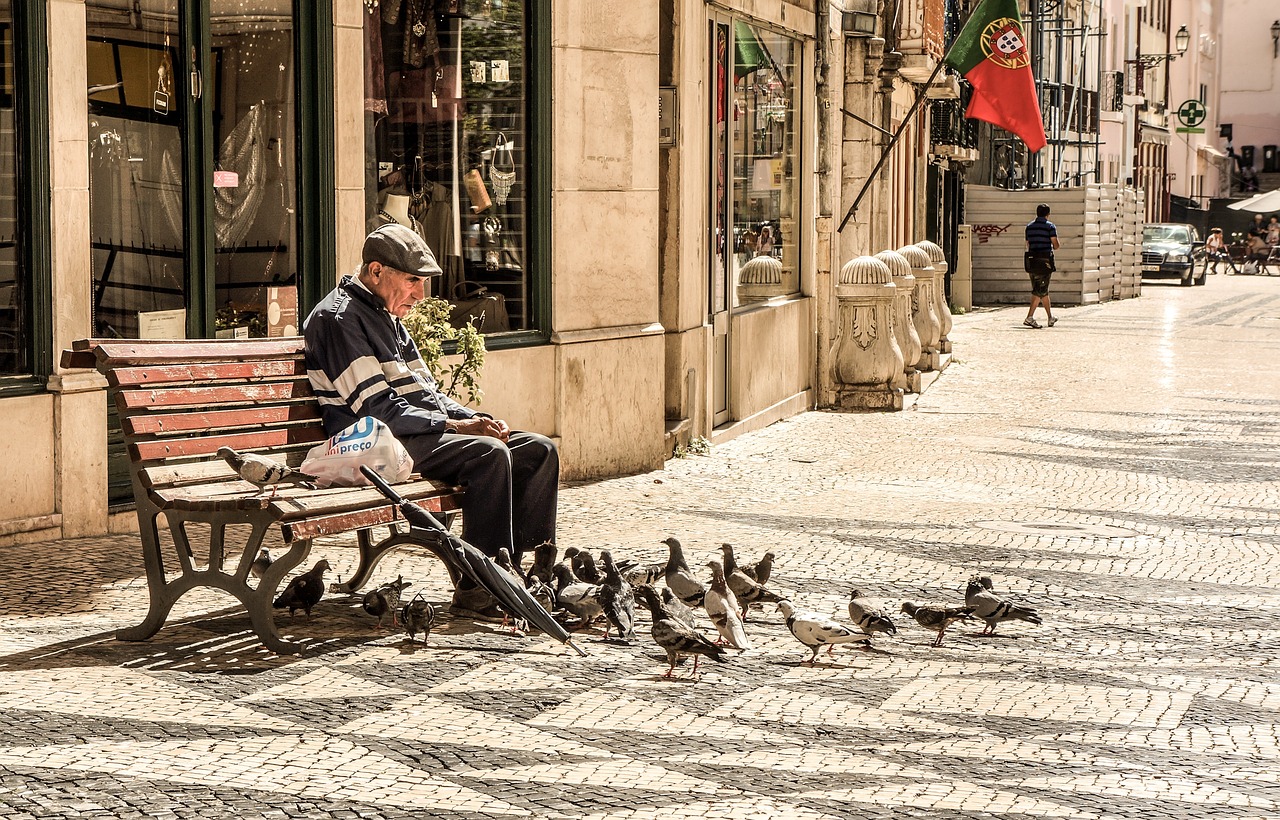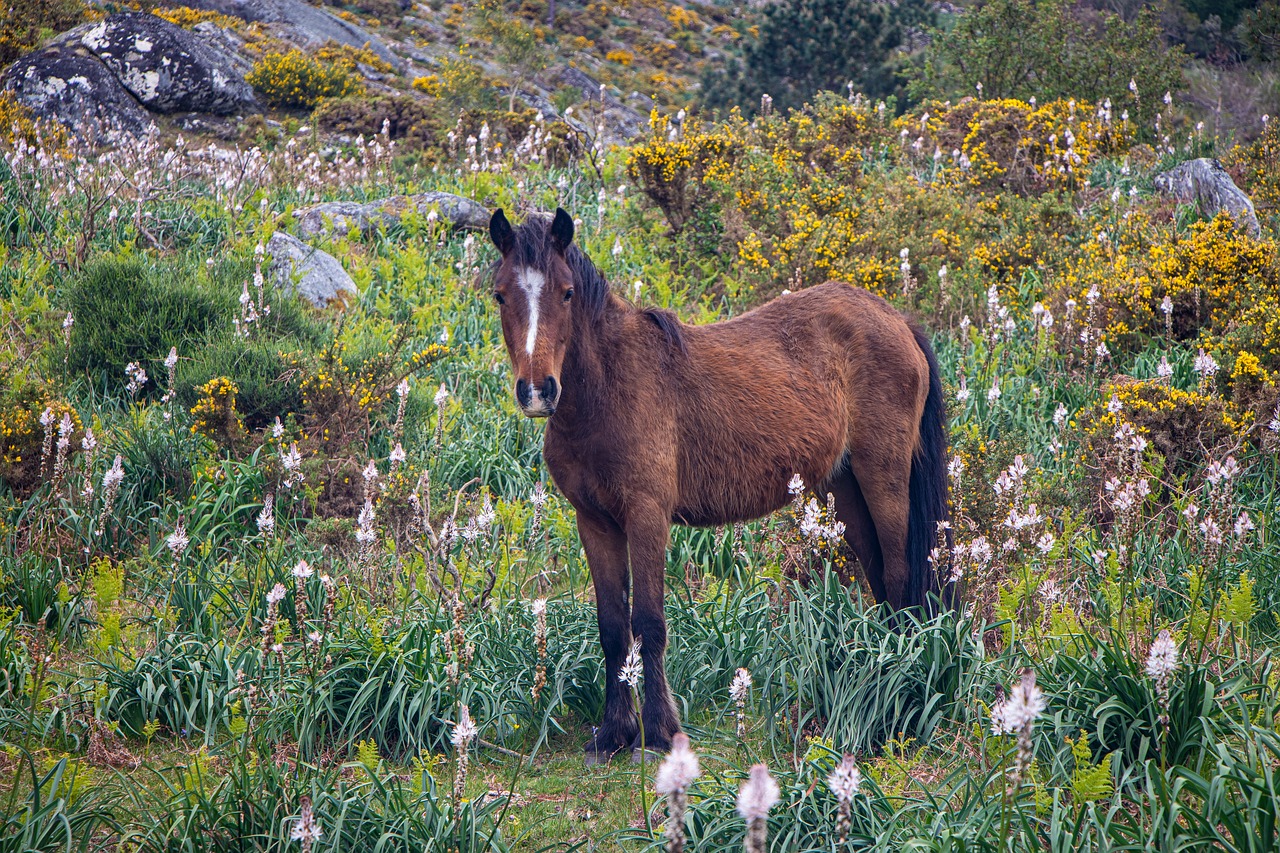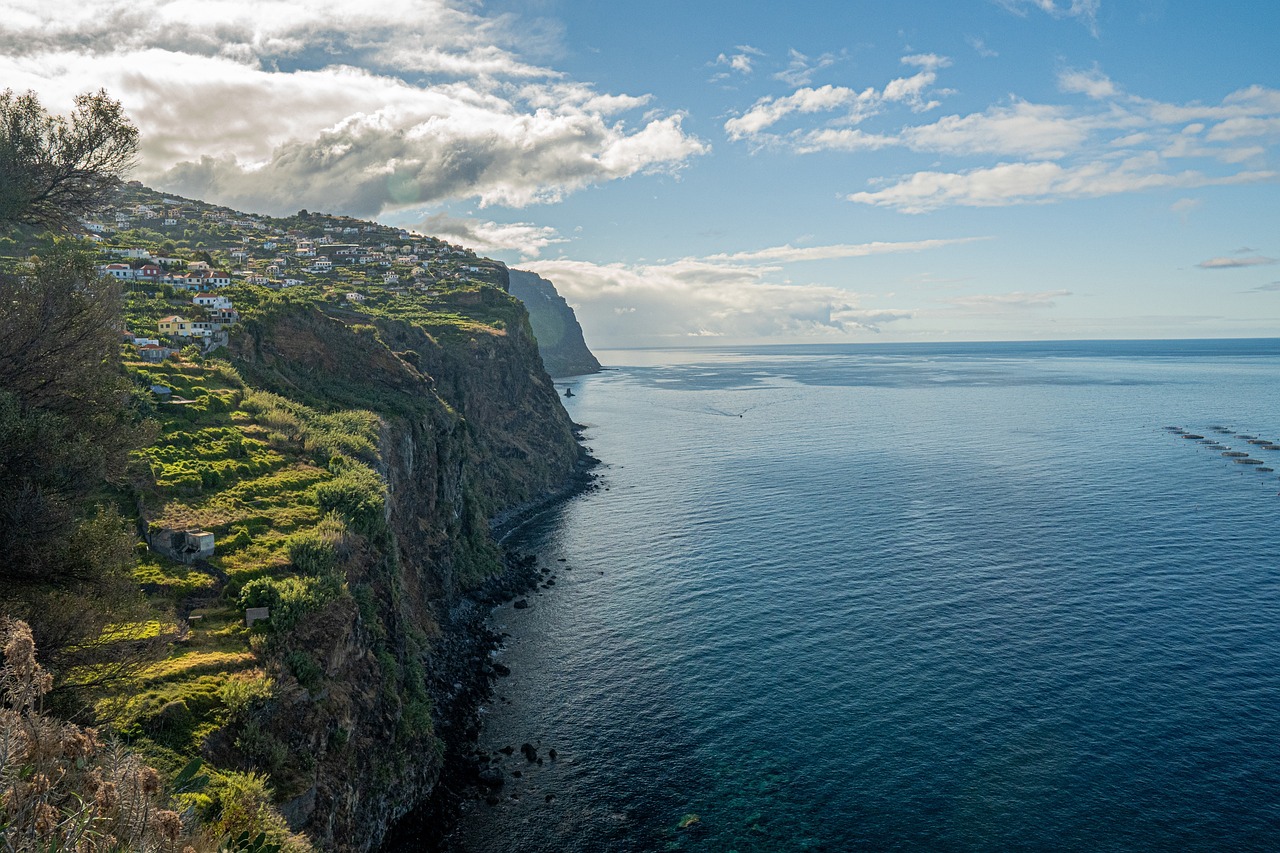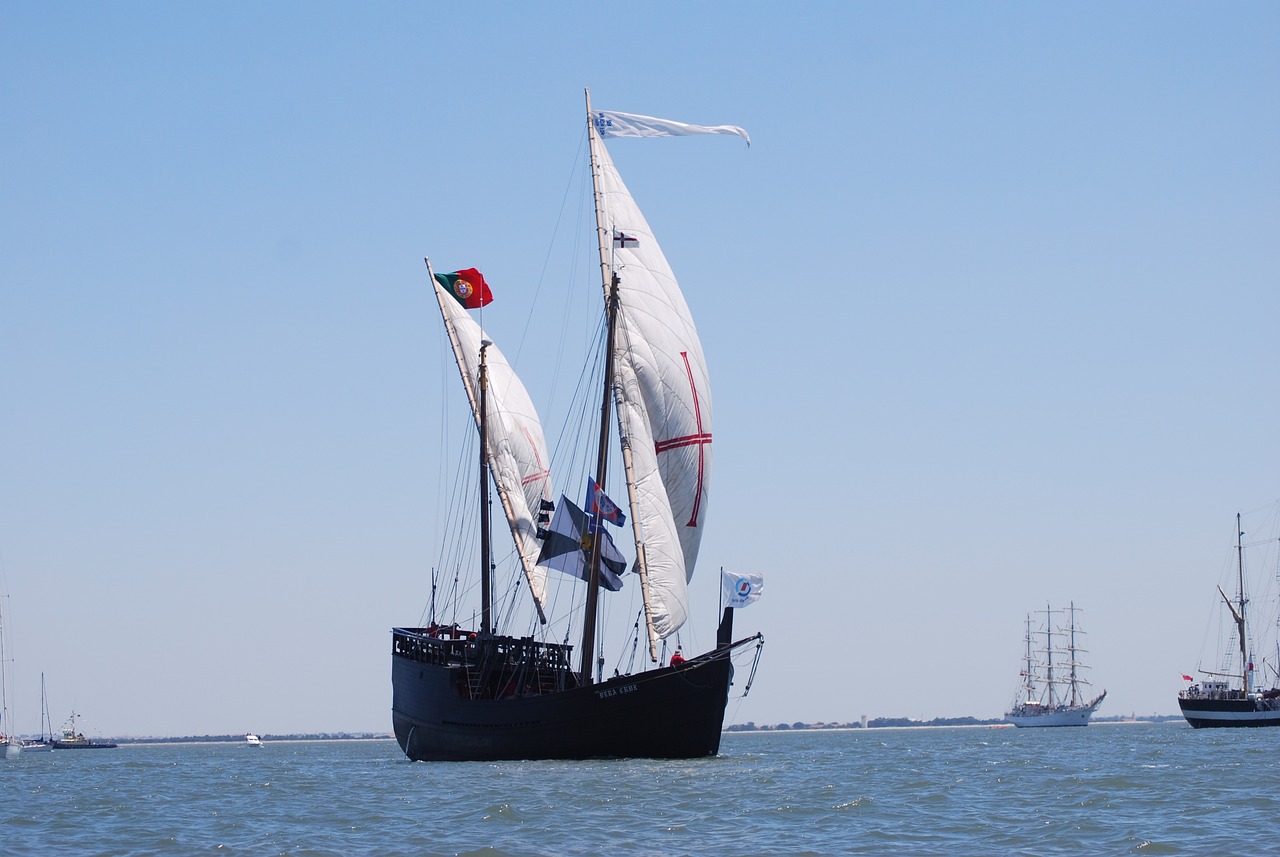Cultural Sensitivities: Understanding Local Norms in Portugal
Portugal, located in Southern Europe, is a country known for its rich history, vibrant culture, and warm hospitality. As a traveler, it is important to be aware of the cultural sensitivities and local norms in order to have a respectful and enjoyable experience. This article aims to provide you with a comprehensive understanding of the cultural nuances in Portugal, ensuring that you can navigate the country with ease and sensitivity.
Language and Communication
Portuguese is the official language of Portugal, and while many locals can speak English, it is always appreciated if you make an effort to learn a few basic phrases in Portuguese. Simple greetings like “Bom dia” (good morning), “Boa tarde” (good afternoon), and “Obrigado/a” (thank you) go a long way in establishing a friendly rapport with the locals.
- Greetings: In Portugal, it is customary to greet people with a handshake or a kiss on each cheek, even when meeting for the first time. Men usually shake hands, while women often exchange kisses.
- Personal Space: Portuguese people tend to stand closer to each other during conversations compared to some other cultures. Respect personal space but be prepared for a closer proximity during interactions.
- Punctuality: While punctuality is appreciated, it is not uncommon for social gatherings or informal meetings to start a bit later than the designated time. However, it is best to be on time for business meetings and formal events.
- Eye Contact: Maintaining good eye contact during conversations is seen as a sign of respect and attentiveness in Portugal.
- Tipping: Tipping is customary in Portugal. In restaurants, it is common to leave a tip of around 5-10% of the bill, depending on the level of service.
Social Etiquette and Customs
Understanding social etiquette and customs is essential to blend in and show respect for Portuguese culture. Here are some key points to keep in mind:
- Dress Code: Portuguese people generally dress modestly and conservatively. For formal occasions or when visiting religious sites, it is advisable to wear more conservative attire.
- Mealtime Etiquette: When dining with locals, it is polite to wait for the host to start eating before you begin. It is also customary to keep your hands visible on the table during meals.
- Gift Giving: If invited to a Portuguese home, it is customary to bring a small gift for the host, such as a bottle of wine or chocolates. Flowers are also appreciated but avoid giving lilies, as they are associated with funerals.
- Affection: Portuguese people are generally warm and affectionate. It is common to see friends and family members hugging, kissing, and touching during conversations.
- Religious Sites: When visiting churches or other religious sites, dress modestly and avoid making loud noises or speaking loudly.
Food and Dining
Portuguese cuisine is diverse and delicious, with a strong emphasis on fresh seafood, meats, and flavorful spices. Here are some cultural norms related to food and dining in Portugal:
- Bread and Olives: In restaurants, it is common to be served bread and olives as a starter. These are usually not complimentary, and you will be charged for them if you consume them.
- Portuguese Wine: Portugal is renowned for its excellent wines. When dining out, don’t hesitate to ask the waiter for a recommendation based on your preferences.
- Coffee Culture: Coffee plays a significant role in Portuguese culture. Espresso-based drinks like “café” and “bica” are popular choices, and it is common to have a small espresso after a meal.
- Sharing Food: In traditional Portuguese restaurants, it is common for dishes to be served family-style, allowing everyone at the table to share and taste a variety of flavors.
- Desserts: Portugal is famous for its pastries and desserts, such as Pastel de Nata (custard tart) and Arroz Doce (rice pudding). Indulge in these sweet treats and savor the local flavors.
Religious and Cultural Festivals
Portugal has a rich calendar of religious and cultural festivals throughout the year. Participating in these events can provide a unique insight into Portuguese traditions and customs. Here are a few notable festivals:
- Carnival: Carnival, celebrated in February or March, is a vibrant and colorful festival featuring parades, costumes, and lively street parties across the country.
- Festa de São João: This festival, held on the night of June 23rd, celebrates Saint John the Baptist with bonfires, street parties, and traditional dances in cities like Porto and Braga.
- Fado Music: Fado is a traditional Portuguese music genre known for its melancholic tunes and heartfelt lyrics. Listening to Fado in Lisbon’s Alfama neighborhood is a must for music enthusiasts.
- Christmas and New Year: Portuguese people celebrate Christmas and New Year with family gatherings, festive meals, and fireworks displays to welcome the new year.
Public Behavior and Etiquette
To ensure a positive experience in Portugal, it is important to be aware of the following public behavior and etiquette guidelines:
- Public Displays of Affection: While Portuguese people are generally affectionate, it is advisable to avoid excessive public displays of affection, especially in more conservative areas.
- Smoking: Smoking is banned in enclosed public spaces, including restaurants and bars. Designated smoking areas are available in some establishments.
- Queuing: Portuguese people appreciate orderly queues and waiting in line. Be patient and wait for your turn, whether it is at a bus stop, in a store, or at a ticket counter.
- Respecting Personal Property: Always respect public and private property. Avoid littering, damaging historical sites, or touching objects in museums or art galleries unless permitted.
Portugal Image 1:

Exploring Nature and Outdoor Activities
Portugal is blessed with stunning natural landscapes, from rugged coastlines to picturesque mountains. Here are some outdoor activities to indulge in:
- Beach Culture: Portugal boasts beautiful sandy beaches along its coastline. Whether you prefer relaxing on the Algarve’s golden shores or surfing in Nazaré, there is a beach for everyone.
- Hiking and Nature Trails: The country offers numerous hiking trails, including the famous Rota Vicentina and the stunning Peneda-Gerês National Park, where you can explore diverse flora and fauna.
- Water Sports: From surfing and windsurfing to kayaking and sailing, Portugal’s Atlantic coast provides ample opportunities for water sports enthusiasts.
- Golfing: Portugal is a world-renowned golfing destination, with numerous championship courses to choose from, particularly in the Algarve region.
Portugal Image 2:

Art and Cultural Heritage
Portugal’s rich cultural heritage is evident in its art, architecture, and historical sites. Here are some highlights to explore:
- Azulejos: These decorative ceramic tiles are an integral part of Portuguese architecture. Admire the intricate designs adorning buildings, churches, and train stations.
- Lisbon’s Neighborhoods: Explore the charming neighborhoods of Alfama, Bairro Alto, and Belém in Lisbon, where you can discover historic landmarks, museums, and vibrant street art.
- UNESCO World Heritage Sites: Portugal is home to several UNESCO World Heritage Sites, including the historic center of Porto, the monasteries of Alcobaça and Batalha, and the cultural landscape of Sintra.
- Museums and Galleries: Immerse yourself in Portugal’s art scene by visiting renowned museums like the Calouste Gulbenkian Museum in Lisbon or the Serralves Museum in Porto.
Local Transportation and Getting Around
Getting around Portugal is relatively easy, thanks to its well-connected transportation network. Here are some options for navigating the country:
- Trains: Portugal has an extensive train network, offering comfortable and scenic journeys between major cities and towns.
- Buses: Buses are a convenient mode of transportation for reaching smaller towns and rural areas not served by trains.
- Metro and Trams: Lisbon and Porto have efficient metro systems, while Lisbon’s iconic trams provide a nostalgic way to explore the city’s narrow streets.
- Taxis and Ride-Sharing: Taxis are widely available, and ride-sharing services like Uber operate in major cities.
Portugal Image 3:

Conclusion
By familiarizing yourself with the cultural sensitivities and local norms in Portugal, you can enhance your travel experience and foster meaningful connections with the locals. Remember to embrace the warmth and hospitality of the Portuguese people, respect their customs, and indulge in the country’s rich heritage, cuisine, and natural beauty. Enjoy your journey through this captivating land!
References
– Visit Portugal: www.visitportugal.com
– Lonely Planet Portugal: www.lonelyplanet.com/portugal
– Culture Trip Portugal: www.theculturetrip.com/europe/portugal/

